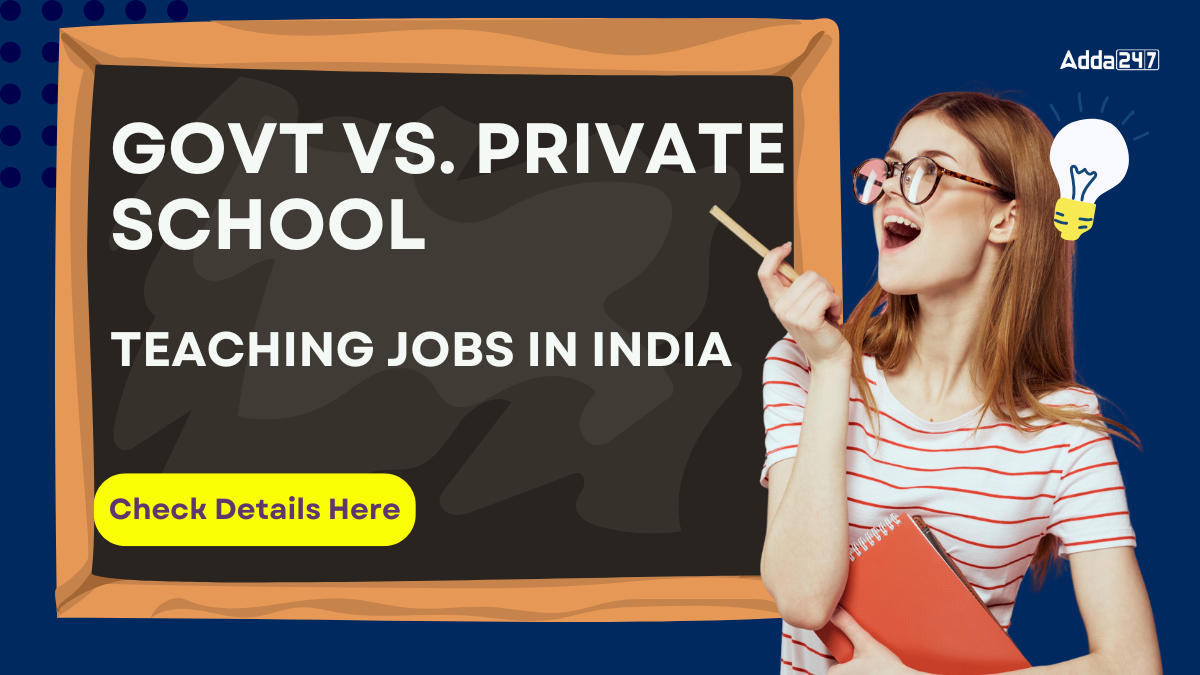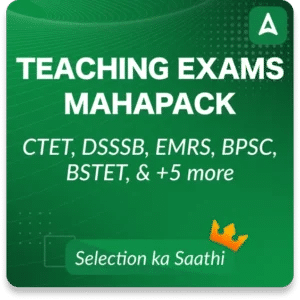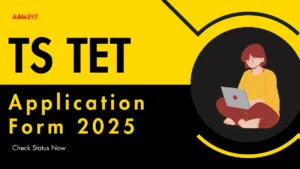Table of Contents
Teaching is a revered profession in India and across the world making it a most opted career option. However, choosing a teaching career in India involves deciding between government and private school jobs and positions, each offering unique experiences, benefits, and challenges.
This article explores the major aspects to consider, including differences in job roles, qualifications, and growth opportunities. With in-depth analysis of the professional landscape, job security, and day-to-day experiences, we aim to help you make an informed decision on which path aligns best with your goals.
Government and Private School Jobs: Overview
The teaching profession in India is highly respected, but the environments in government and private schools differ significantly. Each type of school serves its community in different ways, creating distinct experiences for teachers and students alike. Here’s an overview of what each sector generally offers:
- Government Schools: Known for structured and regulated environments, government schools provide teachers with stability, standardized pay scales, and benefits. The state or central government manages curriculum and resources, though school quality and resources can vary by region.
- Private Schools: Private schools offer more flexibility, with a focus on modern infrastructure, resources, and up-to-date technology. Teachers often have opportunities for rapid career growth, but job security may depend on school policies and performance metrics.
Differences Between Government vs. Private School Teaching Jobs
Government and private school teaching jobs in India differ in various aspects, from qualification requirements to salary structures, job security, and career growth opportunities. These distinctions shape the overall work experience for teachers and influence factors like work-life balance, professional development, and job satisfaction. Understanding these differences helps aspiring teachers make a more informed choice that aligns with their career goals and personal priorities.
Minimum Qualifications for Government and Private School Jobs
- Government Schools: Teaching in government schools typically requires candidates to have specific degrees such as B.Ed, B.EL.ED, or D.EL.ED. They also need CTET Certificate or any State TET Certificate as well. These standardized qualifications are mandatory for eligibility in government teaching exams.
- Private Schools: While many private schools also require professional teaching qualifications, they may offer flexibility. Some institutions value subject expertise alongside teaching skills and may consider candidates with relevant academic backgrounds but no formal teaching degree.
Job Roles and Responsibilities of Government and Private School Teachers
Despite some overlap, teaching roles and responsibilities in the Government vs. Private School Teaching Jobs vary based on the institution’s requirements and goals. Both roles are designed to foster academic growth, though private schools may expect teachers to take on additional roles as part of their job:
- Government Schools: Responsibilities include classroom teaching, curriculum development, classroom management, and essential administrative duties. Teachers follow a structured curriculum designed by the education boards.
- Private Schools: The core responsibilities are similar, with teaching, classroom management, and curriculum development. However, teachers may also participate in extracurricular activities, parent-teacher interactions, and other community-building efforts encouraged by the school.
Salary and Allowances of Government and Private School Teachers
Salaries and allowances differ widely between government and private school jobs and can significantly impact one’s financial security:
- Government Schools: Government teachers benefit from structured pay scales that vary based on location, experience, and qualifications. Additional allowances like Dearness Allowance (DA) and House Rent Allowance (HRA) provide further financial security. Benefits like pensions also add value.
- Private Schools: Private school salaries vary based on the school’s location, reputation, and resources. Elite institutions offer competitive pay, but allowances are less common than in government roles. Schools may offer performance-based bonuses but tend to lack long-term financial security elements like pensions.
Work Environment and Resources in Government and Private Schools
The physical work environment and access to resources play a crucial role in teachers’ effectiveness and satisfaction:
- Government Schools: Infrastructure in government schools varies, especially between urban and rural locations. Many government schools, especially in rural areas, lack advanced facilities and rely on government-provided resources. The student-teacher ratio can also be high, making it challenging to provide individualized attention.
- Private Schools: Private schools usually invest in advanced infrastructure, including digital classrooms, science labs, and libraries. The student-teacher ratio is typically lower, allowing teachers to focus on each student’s progress. Private institutions often emphasize using the latest technology, which may improve classroom engagement and learning outcomes.
Work-Life Balance and Job Satisfaction of Government and Private School Teachers
Teacher satisfaction in government and private schools often depends on work-life balance and job stability:
- Government Schools: With structured working hours, teachers in government schools typically enjoy a better work-life balance. The job pressure is generally low compared to private schools, and career growth is slow but steady.
- Private Schools: In private schools, work-life balance depends on the school’s policies and demands. Teachers may have additional responsibilities like coaching or extracurricular activities, which can extend their working hours. However, motivated teachers may find satisfaction in the faster-paced, performance-oriented environment.
Professional Development and Growth Opportunities of Government vs. Private School Teaching Jobs
Both government and private schools offer professional development opportunities, though they differ in structure and frequency:
- Government Schools: Teachers in government schools undergo periodic training through programs from institutions like the District Institute of Education and Training (D.I.E.T), NCERT and SCERT. Promotions are based on seniority and experience, with slow but structured career growth.
- Private Schools: Private schools encourage skill development through workshops, training programs, and seminars, often organized within the school. Career advancement is typically faster and based on performance, allowing teachers to quickly move into roles like Head of Department (HOD) or Principal.
Job Security and Stability of Government and Private School Jobs
Job security is a key factor for most teachers and varies significantly between government and private institutions:
- Government Schools: High job security due to structured employment policies makes government teaching roles attractive. Once appointed, teachers are unlikely to face termination, barring serious disciplinary issues.
- Private Schools: Job security depends on the school’s management and policies. While top private institutions may offer stability, teachers in smaller schools may face contract renewals and performance reviews that could affect long-term employment.
Transfers, Travel, and Relocation in Government vs. Private School Teaching Jobs
Transfers and mobility options are essential for those considering relocation flexibility:
- Government Schools: Transfers are common in government schools, and many teachers are required to serve in rural areas for a specific tenure. Transfers allow teachers to experience different settings but may disrupt personal life.
- Private Schools: Transfers are less common in private schools, though large school chains may offer inter-city transfers. Work-related travel is rare, but some private schools may encourage attendance at conferences or seminars outside the school premises.
The Verdict on Government vs. Private School Teaching Jobs
Both government and private teaching positions offer unique experiences and the opportunity to make a lasting impact on students’ lives. Teachers passionate about education will find fulfillment in either environment, each bringing its own set of rewards and responsibilities.
The decision between government and private school teaching careers depends on personal priorities:
- Government School Teacher Careers: Government School Jobs are Ideal for those seeking job security, fixed career growth, structured benefits, and manageable work-life balance.
- Private School Teacher Careers: Private School Jobs are Suitable for those interested in faster career growth, modern facilities, performance-based incentives, and a dynamic, challenging environment.




 Last Minute Preparation Tips for MP TET ...
Last Minute Preparation Tips for MP TET ...
 TS TET Application Form 2025 Out, Direct...
TS TET Application Form 2025 Out, Direct...
 Preparation Strategy to Crack DBT BET 20...
Preparation Strategy to Crack DBT BET 20...














